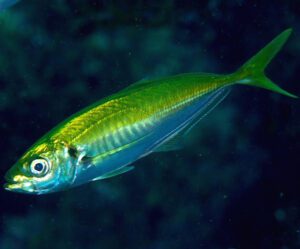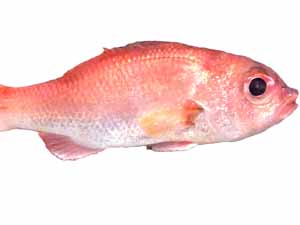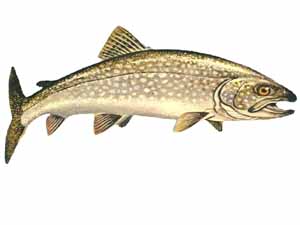The Unicorn fish is a unique and beautiful fish species found in tropical and subtropical waters of the Indo-Pacific region. It belongs to the family Naso and known for its distinctive, horn-like protuberance on the front of its head. The fish is named so mainly due to this unusual feature that resembles the mythical unicorn’s horn.
Although the horn of a Unicorn fish is not actually true “horn” but a fleshy extension of the forehead. And the forehead is the part of its head structure. However, read some more information about this fish species below.
What is a Unicorn fish?
The Unicorn is actually a string and unique fish species which belongs to the family Naso. It is mainly found in tropical and subtropical waters of the Indo-Pacific region and known for its distinctive, horn-like protuberance on the front of its head. The Unicorn is a herbivorous fish, feeding mainly on algae and seaweed. They are often seen swimming in schools around coral reefs. The scientific name of these fish is Naso spp.

Characteristics
Like all other fish species, the Unicorn fish also has several distinctive physical characteristics. The most notable feature of these fish is the fleshy, horn-like protuberance on the forehead, which is especially prominent in males.
Their body is streamlined, oval-shaped and is covered in smooth, small scales. They have sharp, venomous spines on either side of their tail. They use their tail for defense against predators. In terms of coloration, many species of Unicorn fish feature vibrant colors or distinctive markings. Some fish have spots or stripes, while others are more uniform in color.
Size and weight
Size and weight of the Unicorn fish can vary depending upon the species. Most of the Unicorn species grow to a length of about 30 to 90 cm. Although some species, like the Whitespotted Unicornfish can reach up to 1.5 meters in length. And average body weight of most of the species is typically between 2.2 to 6.6 pounds.
Habitat
The Unicorn fish thrive in coral reef ecosystems, which are their primary habitat. These fish are most commonly found in shallow waters. Although some species can also be found at depths of up to 60 meters. They are most commonly found in the Indo-Pacific region, from the eastern coasts of Africa to the Pacific Islands.
Diet
The Unicorn fish are herbivorous, and they feed primarily on algae, seaweed, and other plant matter which are found in coral reefs and shallow waters. They have specialized teeth adapted for scraping algae off rocks and coral surfaces.
Behavior
The Unicorn fish are typically seen in groups, known as schools. Such school provide safety from large predators such as sharks and barracudas. They are relatively calm and non-aggressive fish, but can become territorial especially during mating seasons.
Reproduction
Like many other fish species, the Unicorn fish reproduce via external fertilization. Both males and females typically come together during the breeding season. The males may use their horns to assert dominance and attract mates.
Uses
The Unicorn fish is mainly caught and used for consumption in some parts of the world. They are also popular in ornamental aquarium trade, mainly due to their beautiful and unique appearance.
Cooking and Recipes
There are some cooking ways and recipes available to try. Some most common and popular cooking ways are grilling, baking, frying, steaming etc. And a most popular recipe is “grilled unicorn fish lemon and herbs”.

Taste
Taste of the Unicorn fish is very similar to that of other reef fish. It has a mild, slightly sweet flavor and has firm, white flesh. The texture of the meat is smooth and tender when cooked. The taste of this fish can be enhanced by marinating or seasoning with citrus, herbs, and spices.
Price
Exact price of the Unicorn fish depends on numerous factors (such as availability, the region, and freshness condition) and can vary from place to place. In U.S. market, average price of these fish typically vary between $10 to $20 per pound, or even more.
Frequently Asked Questions (FAQs)
People often ask some questions about this fish species. Here we are trying to list the most common and frequently asked questions about Unicorn fish and trying to answer them. Hope these questions with answers will help you. Don’t hesitate to ask if you have more questions.





